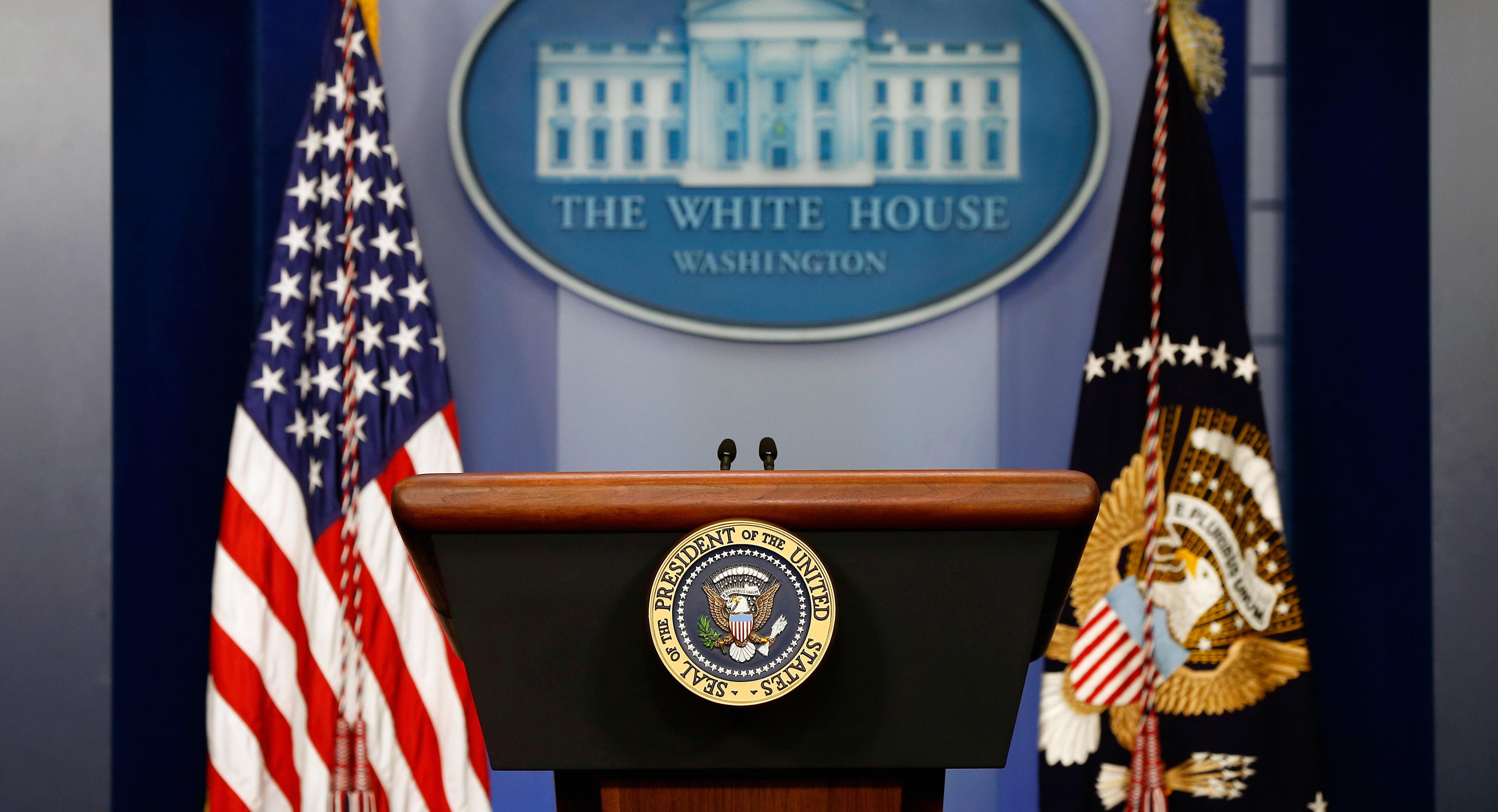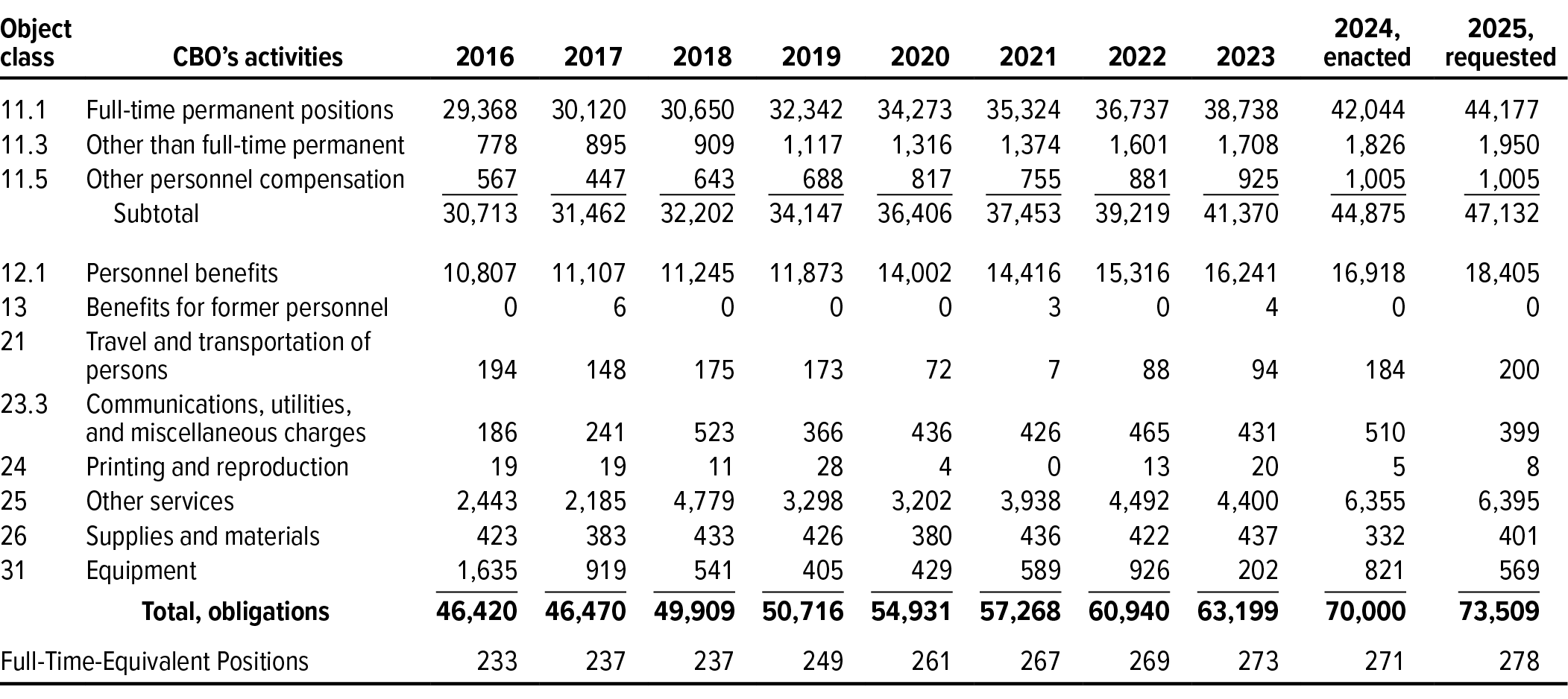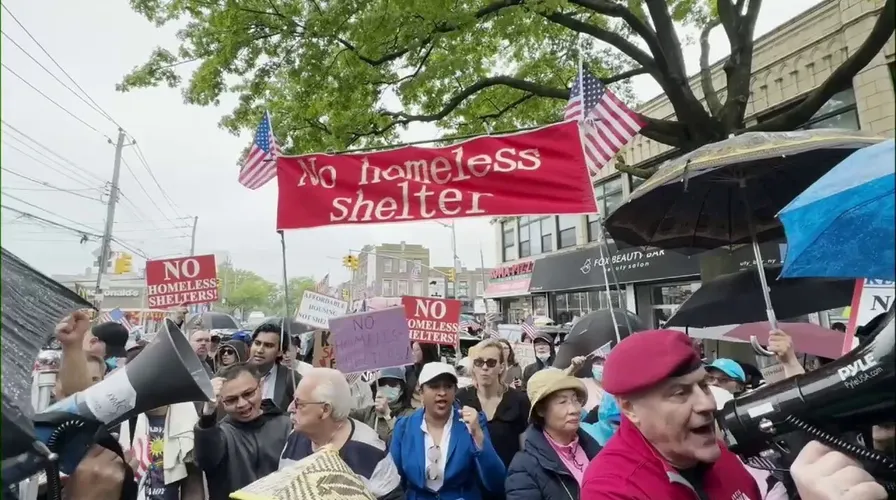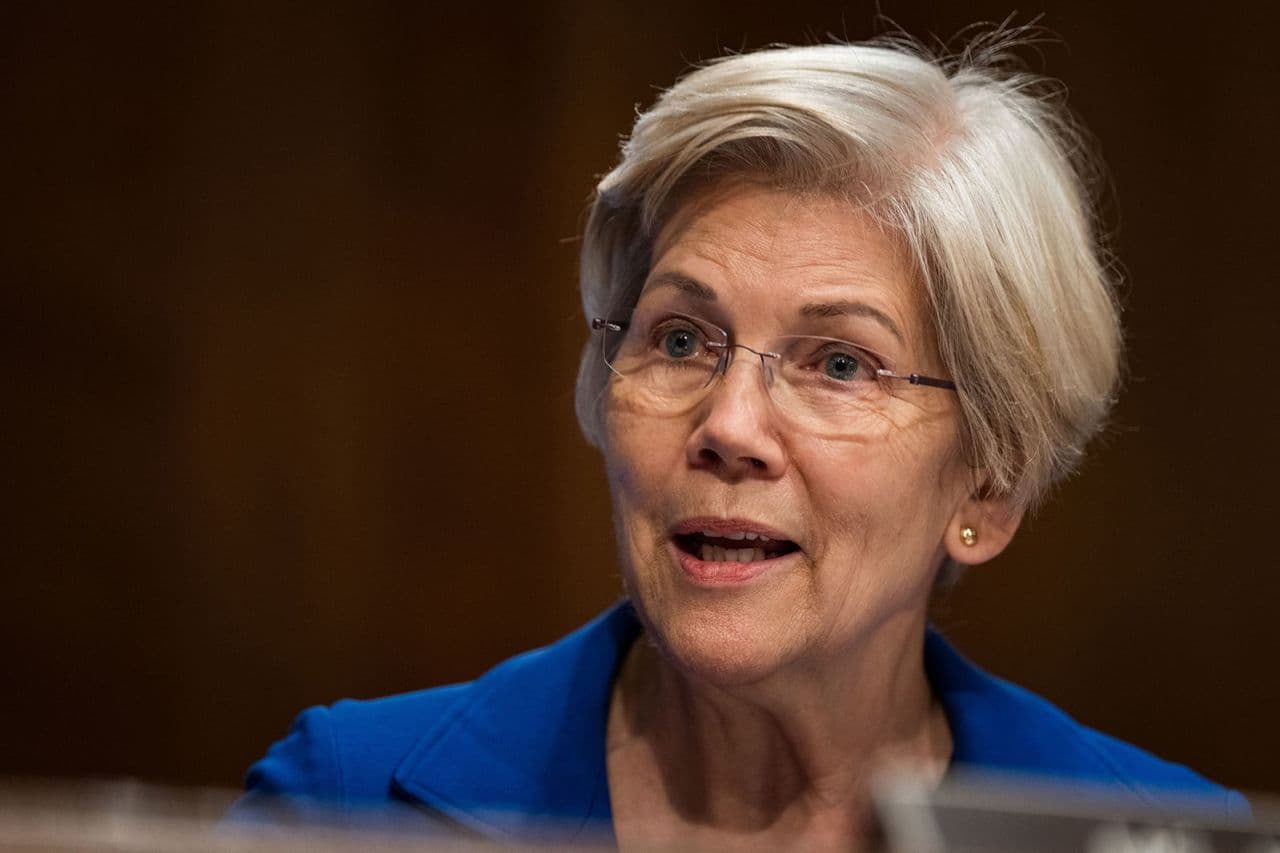Politicians Ignore Economists" Common-Sense Solutions
In a world grappling with climate change, economic inequality, and systemic injustice, economists have laid out a daring six-point plan to address these urgent issues. Yet, the political establishment continues to dismiss these proposals, fearing backlash from powerful interest groups. This is not just an economic conversation; it"s a moral imperative that demands our attention.
Eliminating the Mortgage Tax Deduction Hurts the Wealthy
First on the agenda is the elimination of the mortgage tax deduction, which disproportionately benefits wealthier homeowners. According to Yale"s research, disallowing this deduction for second homes could generate between $43 billion and $108 billion over the next decade. This revenue has the potential to fund affordable housing initiatives, critically needed in a nation where housing is increasingly out of reach for low- and middle-income families.

Daily White House press briefing to stay in the West Wing ...
Ending Tax Breaks for Corporate Health Insurance
The second proposal suggests ending tax breaks for corporate health insurance. While this may seem counterintuitive, research from Johns Hopkins shows that eliminating these deductions could lead to a more equitable healthcare market. By removing these tax incentives, we can encourage a system where employers provide essential healthcare rather than luxurious plans, thus lowering overall health costs.
Corporate Income Tax Must Go
Next, there’s the bold move to eliminate the corporate income tax entirely. This has raised eyebrows among traditional fiscal conservatives and progressives alike. However, if companies reinvest their earnings into sustainable practices and job creation, the overall economy could benefit tremendously. This approach could catalyze a green revolution in corporate responsibility, aligning profit motives with the urgent need for climate action.

The Congressional Budget Office’s Request for Appropriations for Fiscal ...
Consumption Tax as a Progressive Alternative
Eliminating all income and payroll taxes in favor of a progressive consumption tax is proposed as a way to stimulate economic activity. While critics argue this could hurt lower-income households, if structured correctly, a consumption tax can prioritize essentials and ensure those with greater means contribute more. This means higher gasoline prices due to a carbon tax, which can drive behavioral changes and promote public transport, aligning economic incentives with ecological realities.
Legalizing Marijuana for Social Justice
Finally, the call to legalize marijuana serves both economic and social justice purposes. Criminalizing marijuana has cost taxpayers billions in enforcement and incarceration, while simultaneously enriching criminal enterprises. As reported by the New York Times, ending this prohibition could redirect funds toward rehabilitation and education, fostering healthier communities.

Protests erupt after NYC switches affordable housing plans to ...
The Political Landscape Remains Resistant
Despite the robust evidence and overwhelming support from economists, these transformative proposals face significant resistance in the political arena. The fear of alienating wealthy donors and lobbyists seems to paralyze decision-makers. Understandably, these proposals challenge entrenched interests that profit from the status quo, revealing the deep-seated connections between economic policies and social justice.
Consequences for Ignoring Economic Wisdom
As climate change accelerates, ignoring these proposals could have dire consequences. Failure to implement a carbon tax, for example, means continued environmental degradation and exacerbated inequalities faced by marginalized communities. The choice is clear: embrace progressive economic reforms that prioritize sustainability and social justice, or continue to suffer the fallout of inaction.







![[Video] Gunfire between Iraqi security forces and Sadr militias in Baghdad](/_next/image?url=%2Fapi%2Fimage%2Fthumbnails%2Fthumbnail-1768343508874-4redb-thumbnail.jpg&w=3840&q=75)
